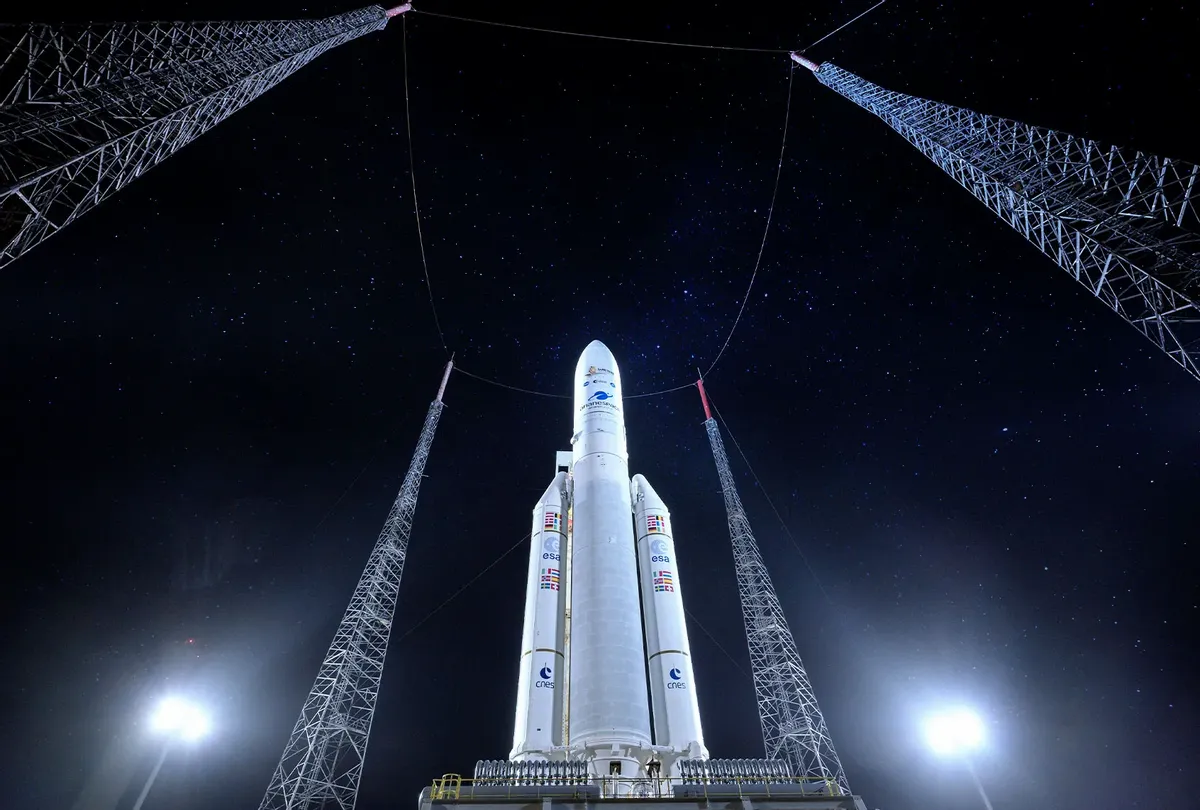
In a significant stride towards technological advancement and scientific exploration, several African nations have made remarkable progress in space research by establishing space agencies and successfully launching satellites into orbit. This move marks a pivotal moment for the continent, opening up avenues for scientific research, telecommunications, and environmental monitoring.
Among the pioneering countries is South Africa, which boasts the South African National Space Agency (SANSA). SANSA has been at the forefront of space research and development, playing a crucial role in advancing satellite technology and space exploration on the continent. With its expertise and dedication, SANSA has contributed significantly to various fields, including climate monitoring, disaster management, and satellite communication.
Similarly, Nigeria has made substantial strides in space exploration with the establishment of the Nigerian National Space Research and Development Agency (NASRDA). NASRDA has been instrumental in launching satellites into orbit, enhancing communication networks, and monitoring environmental changes. Nigeria’s commitment to space research underscores its determination to harness the benefits of satellite technology for socio-economic development and scientific advancement.
The establishment of space agencies and the launch of satellites by African nations signify a paradigm shift in the continent’s approach to technological innovation and scientific exploration. These initiatives not only demonstrate Africa’s capability to engage in space activities but also highlight the continent’s determination to leverage space technology for addressing pressing challenges and fostering development.
One of the key areas where these satellites prove invaluable is in telecommunications. Improved communication infrastructure facilitated by satellite technology enhances connectivity in remote and underserved regions, bridging the digital divide and fostering socio-economic growth. Moreover, satellites play a crucial role in weather forecasting, environmental monitoring, and natural disaster management, providing vital data for decision-making and disaster preparedness.
Furthermore, the establishment of space agencies and the launch of satellites serve as catalysts for scientific research and innovation. They create opportunities for collaboration among scientists, engineers, and researchers, both within the continent and globally, fostering knowledge exchange and capacity building in critical fields such as space science, engineering, and data analytics.
As African nations continue to invest in space exploration, it is evident that they recognize the immense potential of satellite technology to address societal challenges and drive sustainable development. With ongoing advancements in space research and technology, the future holds promising prospects for Africa’s space programs, paving the way for further exploration, innovation, and scientific discovery on the continent and beyond.
